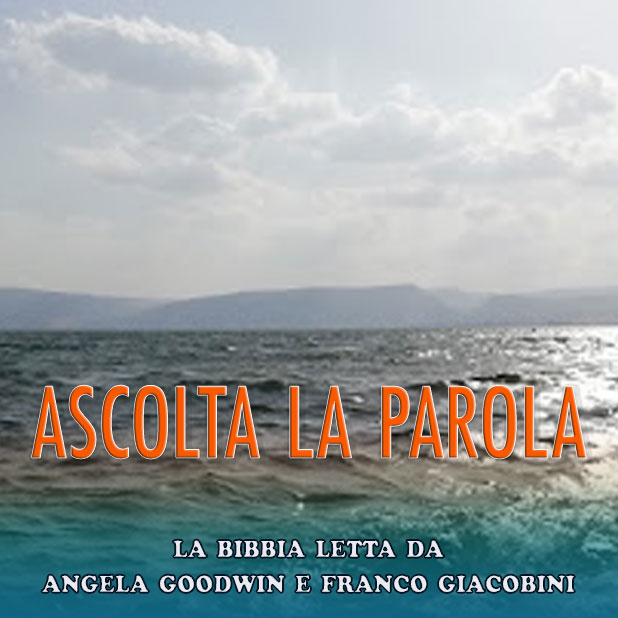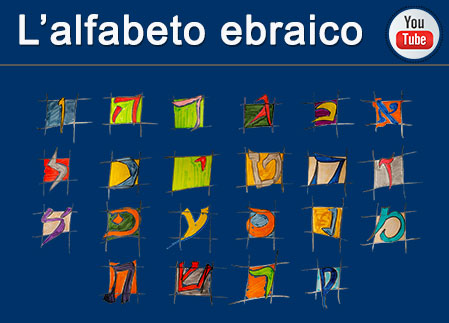Benedict XVI, Pope (Ratzinger, Joseph) 1927-
Città del Vaticano 09/01/2006
(…)Your experience as diplomats can only confirm that, in international relations too, by seeking the truth one can identify the most subtle nuances of diversity, and the demands to which they give rise, and therefore also the limits to be respected and not overstepped, in protecting every legitimate interest. This search for truth leads you at the same time to assert vigorously what there is in common, pertaining to the very nature of persons, of all peoples and cultures, and this must be equally respected. And when these aspects of diversity and equality - distinct but complementary - are known and recognized, then problems can be resolved and disagreements settled according to justice, and profound and lasting understandings are possible. On the other hand, when one of them is misinterpreted or not given its due importance, it is then that misunderstanding arises, together with conflict, and the temptation to use overpowering violence.
There seems to me to be an almost paradigmatic illustration of these considerations at that nerve point of the world scene, which is the Holy Land. There, the State of Israel has to be able to exist peacefully in conformity with the norms of international law; there, equally, the Palestinian people has to be able to develop serenely its own democratic institutions for a free and prosperous future.
The same considerations take on a wider application in today’s global context, in which attention has rightly been drawn to the danger of a clash of civilizations. The danger is made more acute by organized terrorism, which has already spread over the whole planet. Its causes are many and complex, not least those to do with political ideology, combined with aberrant religious ideas. Terrorism does not hesitate to strike defenceless people, without discrimination, or to impose inhuman blackmail, causing panic among entire populations, in order to force political leaders to support the designs of the terrorists. No situation can justify such criminal activity, which covers the perpetrators with infamy, and it is all the more deplorable when it hides behind religion, thereby bringing the pure truth of God down to the level of the terrorists’ own blindness and moral perversion.
The commitment to truth on the part of Diplomatic missions, at both bilateral and multilateral level, can offer an essential contribution towards reconciling the undeniable differences between peoples from different parts of the world and their cultures, not only in a tolerant coexistence, but according to a higher and richer design of humanity. In past centuries, cultural exchanges between Judaism and Hellenism, between the Roman world, the Germanic world and the Slav world, and also between the Arabic world and the European world, have enriched culture and have favoured sciences and civilizations. So it should be again today, and to an even greater extent, since the possibilities of exchange and mutual understanding are much more favourable. To this end, what is needed above all today is the removal of everything that impedes access to information, through the press and through modern information technology, and in addition, an increase in exchanges between scholars and students from the humanities faculties of universities in different cultural regions.
(…)
[Full text in: www.vatican.va]
239 visualizzazioni.
Inserito 01/01/1970
Relazioni Ebraico-Cristiane
Ultime novità nel sito
- 19/04/2020: Articolo - L’enigma della Maddalena
- 23/02/2020: Articolo - Il locus amoenus nelle catacombe ebraiche e cristiane di Roma
- 16/02/2020: Articolo - Il profetismo nel Vicino Oriente antico
- 13/02/2020: Articolo - I Profeti della Cappella Sistina
- 09/02/2020: Articolo - Gerusalemme e la Terra Santa di Israele


